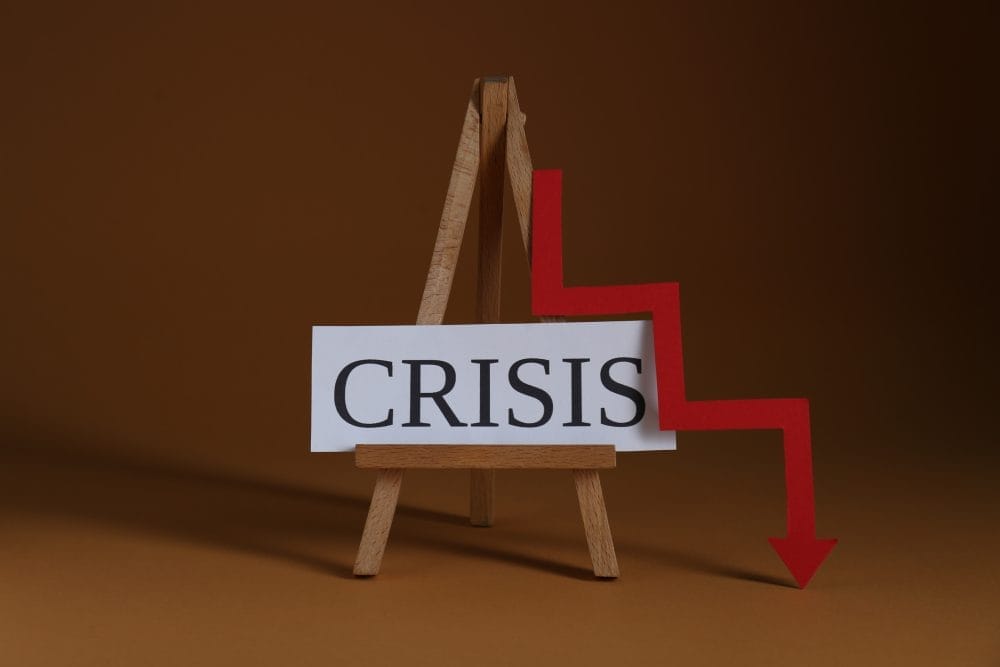Financial crises come in many forms—recessions, job losses, inflation spikes, market crashes—and they don’t announce their arrival. When they do hit, the people who emerge relatively unscathed often share a set of habits and principles that guide their response.
These are not dramatic hacks or overnight fixes but time-tested rules that increase resilience and reduce long-term damage. The key lies in preparation, emotional discipline, and strategic thinking.
Always Know Where Your Money Is Going
Understanding cash flow is the foundation of any strong financial plan. It’s easy to overlook small expenses, but during a crisis, every dollar counts. People who have clarity on their monthly inflows and outflows are quicker to spot where adjustments can be made. Without that awareness, overspending and missed payments can spiral into deeper trouble. Maintaining a clear, up-to-date record of expenses gives control at a time when it’s needed most.
Knowledge is power in every walk of life, but that is especially true for financial situations. If you know everything about your money, where it is going, and how it is spent, you’ll have a leg up on just about everyone else.
Build and Guard a Safety Net Relentlessly
An emergency fund isn’t just a good idea—it’s a survival tool. Even a few months’ worth of expenses tucked away can buy precious time when a crisis hits. Those who prioritize this buffer tend to make better decisions under pressure because they’re not forced to act out of desperation. It also provides flexibility to cover rent, pay for essentials, or hold out for a better job. Treat the emergency fund like a non-negotiable line item in your financial life, not a luxury for later.
Safety is key when you are spending money. Safety means protection, and, in this case, it means avoiding some serious financial pitfalls that could cost you dearly.
Reduce Unnecessary Debt Before It Reduces You
Debt is a silent predator in times of financial uncertainty. While manageable in good times, high-interest obligations become unmanageable when income drops or markets freeze. People who focus on paying down non-essential debt before a crisis are less likely to be trapped by mounting payments they can’t cover.
Eliminating unnecessary liabilities creates breathing room and limits the risk of losing assets like a home or car. In tough times, fewer financial obligations can make the difference between stability and collapse.
Don’t Panic—But Don’t Freeze Either
Emotional control during a crisis often separates those who recover from those who don’t. Panic-driven decisions—like selling investments at a loss or taking on high-interest loans—can deepen the damage. At the same time, doing nothing out of fear or paralysis can be just as dangerous. The goal is to stay calm while continuing to act—revisiting the budget, cutting costs, or renegotiating bills. People who manage their mindset and stay proactive tend to rebound faster.
Keep Earning—Even If It’s Not Perfect
When traditional income sources dry up, adaptable people find new ways to keep money flowing. That might mean picking up part-time work, freelancing, or selling unused items. The key is to resist waiting for the “ideal” opportunity and focus on any action that maintains financial momentum. Temporary or less glamorous income can still prevent debt accumulation and preserve long-term stability. Staying economically active, even in small ways, keeps a sense of control alive.
Stay Informed—But Avoid the Noise
Knowledge is powerful, but too much conflicting information can be paralyzing. People who navigate crises well tend to focus on credible, actionable sources while tuning out alarmist headlines. Staying informed allows for smarter decisions around investments, government aid, or career moves. But doom-scrolling or reacting to every financial headline can increase anxiety without offering real solutions. The goal is to be informed enough to act wisely, not overwhelmed into inaction.
The Right Mindset Can Save You Money
Financial crises are as much a test of mindset as they are of money. The individuals who weather them successfully usually aren’t the wealthiest or luckiest—they’re the most prepared, clear-headed, and flexible. Following these six rules won’t eliminate risk entirely, but they build a strong financial posture that can absorb the shocks and adapt to a rapidly changing landscape. They also help restore confidence in times when panic seems like the only option.
What other principles have helped you or someone you know through tough financial times? Add a comment below—your insight might be just what someone else needs to hear.
Read More
The Silent Ways People Judge Your Financial Intelligence Without You Realizing It
Here Are 8 Awful Things That Can Happen If Married Couples Never Discuss Finances








